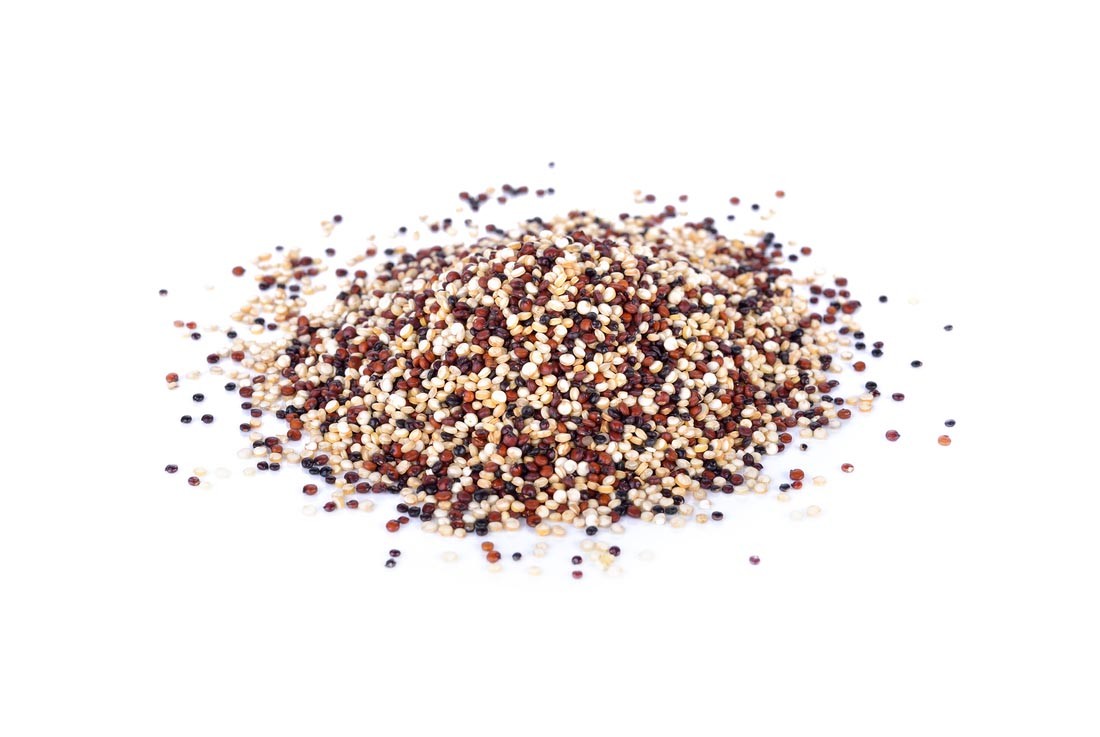
Quinoa, a nutrient-rich seed often mistaken for a grain, has gained significant attention in canine nutrition. While commonly found in high-quality commercial dog foods as an alternative to traditional grains, questions persist about its safety and benefits for dogs. The seed contains essential amino acids, vitamins, minerals, and protein, making it a potentially valuable dietary addition. However, the presence of saponin, a naturally occurring chemical compound, raises some concerns about digestive sensitivity in dogs. Understanding proper preparation methods and appropriate serving quantities is crucial for safely incorporating quinoa into canine diets.
Quinoa Preparation Safety for Dogs
Cooking and Serving Guidelines
Before serving quinoa to dogs, it must be thoroughly rinsed and properly cooked to remove saponins that could cause digestive issues. According to expert guidance, quinoa should never be served raw or directly from human plates that may contain harmful seasonings like garlic, onions or salt. Start with small portions (1-2 teaspoons) when first introducing it to monitor tolerance.
Monitoring for Adverse Reactions
When adding quinoa to a dog's diet, veterinary experts recommend watching for signs of potential reactions including:
- Vomiting
- Diarrhea
- Constipation
- Loss of appetite
If any adverse symptoms occur, discontinue feeding quinoa immediately and consult a veterinarian. Some dogs may have more sensitive digestive systems that don't tolerate quinoa well, even when properly prepared.
What is Quinoa and How Can it Benefit Dogs?
Nutritional Profile and Benefits
Quinoa is an edible seed related to beets, chard, and spinach that provides numerous health benefits for dogs according to nutritional experts. As a gluten-free complex carbohydrate, it contains all 9 essential amino acids and is rich in:
- Protein for muscle development
- Fiber for digestive health
- Iron, calcium and copper
- B vitamins, especially folic acid
- Omega-3 fatty acids
Gut Health Impact
Recent research published in the Journal of Animal Science found that ancient grains like quinoa can positively affect dogs' fecal microbiome and gut health. A 2021 study demonstrated that dogs fed quinoa showed improved digestive function and healthier stools compared to traditional grain diets.
Quinoa as a Commercial Dog Food Ingredient
Alternative to Traditional Grains
According to veterinary experts, quinoa is increasingly being used in commercial dog foods as a replacement for traditional grains like wheat, corn and rice. This shift is particularly beneficial for dogs with food sensitivities, as quinoa provides a novel carbohydrate source that is less likely to trigger allergic reactions compared to conventional grains.
Balanced Diet Considerations
While quinoa offers nutritional benefits, specialists caution that adding it to a complete commercial diet requires careful consideration. Supplementing an already balanced dog food with additional quinoa can disrupt the carefully formulated nutrient ratios and lead to excess calorie intake. For optimal nutrition, quinoa should be incorporated as part of a veterinarian-approved balanced diet rather than as a supplement to existing commercial foods.
Conclusion
Dogs can safely consume quinoa when properly prepared and introduced gradually into their diet. This ancient grain offers significant nutritional benefits, including complete protein, essential amino acids, fiber, vitamins, and minerals that can support canine health. Research has shown that quinoa can positively impact dogs' gut health and digestive function compared to traditional grain diets.
However, proper preparation and portion control are crucial - quinoa must be thoroughly rinsed and cooked before serving, and dogs should be monitored for any adverse reactions when first introducing it. While quinoa can be a healthy addition to a dog's diet, either as a home-prepared ingredient or as part of commercial pet foods, it should be incorporated thoughtfully as part of a balanced, veterinarian-approved meal plan rather than simply added to existing diets. For dogs with grain sensitivities, quinoa may serve as an excellent alternative to traditional grains, though individual tolerance should always be assessed.